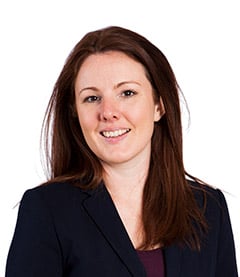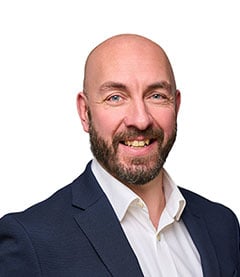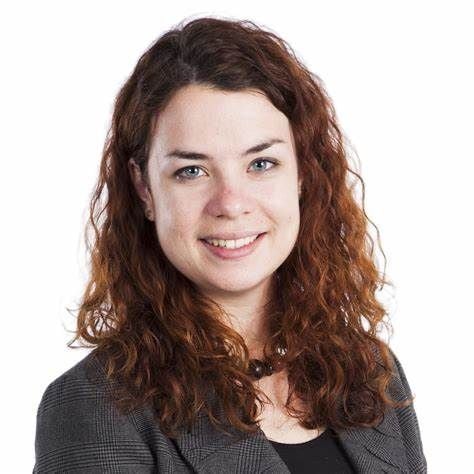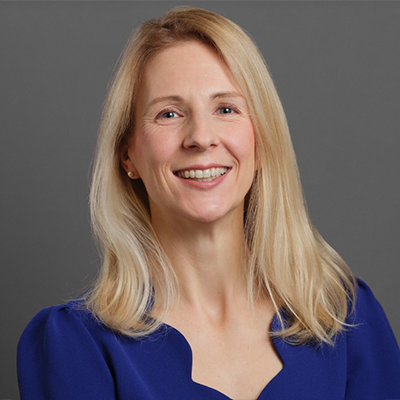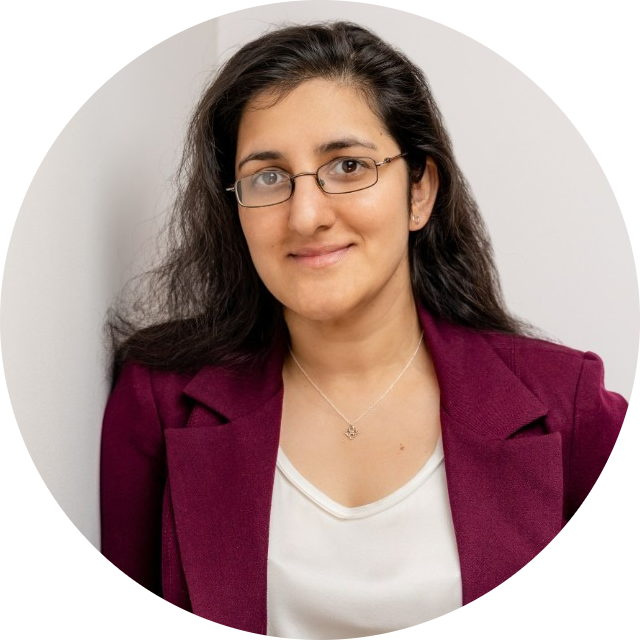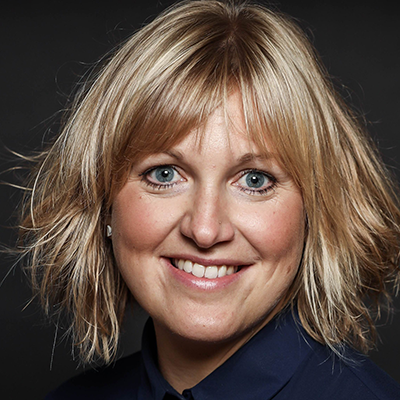Inheritance tax risk and succession planning
Rachel Stace, Private Tax Director, explores the upcoming changes to inheritance tax reliefs, what they mean for business owners and finance team, and the importance of early planning around shareholdings, valuations, and succession strategies.
Catch up now:
We were also joined by Abigail Malortie, Partner at C. Hoare & Co – the oldest privately-owned bank in England – for insight on the key principles that have guided the bank's successful approach to succession planning for 12 generations.
Catch up now:
Key takeaways:
- The changes to Business Property Relief were found in our latest CFO survey to be finance leaders’ current top tax concern – but most event attendees shared that they haven’t yet taken action to address this.
- While there's no one-size-fits-all approach, a good starting point is to assess the Business Property Relief (BPR) status of the shares and understand how different shareholdings are valued for inheritance tax purposes, which may differ significantly from commercial valuations. From there, a well-managed succession plan can help reduce risk.
- Succession planning should prioritise long-term stewardship over short-term efficiencies: While tax is important, sustainable succession is more about preserving the business’s purpose, values, and continuity. Selecting future leaders based on shared values, character, and commitment to the organisation’s mission will help to maintain stability and trust over time.
Technology and automation within tax
Gil Oglesby, Tax Function Automation Partner, explores how technology and automation are reshaping the tax function, offers practical insights for CFOs and tax leaders on where to begin their transformation journey.
Catch up now:
Key takeaways:
- We are seeing three key trends are emerging around tax automation:
- Tax in ERP: ERP implementations are no longer only an IT or Finance project – CFOs need to make sure tax are involved to align tax process in data flows, avoids costly retrofits and ensure clean, automation-ready data.
- ‘Small automation’: Low-code/no-code tools are enabling quick wins from day one by automating repetitive, manual tax specific processes – from custom workflows to modular tools.
- Analytics: Tax teams are becoming increasingly agile in using analytics tools, not just for reporting, but everything from forecasting to modelling to scenario planning. This will help them shift from a reactive compliance function to providing proactive insight.
What’s on finance leaders’ agenda?
Hear from Vineta Bajaj, Group CFO at Rohlik Group, and Danielle Price, CFO at Duco, as they reflect on their top tax priorities, how they're leveraging tax technology, and role of the CFO's in tax today.
Catch up now:
Key takeaways
- Today's CFO needs a solid understanding of tax fundamentals – not to make every decision, but to recognise when expert input is needed. Tax impacts everything from international expansion to digital transformation to sustainability initiatives. An ability to identify warning signs and opportunities and bring in the right experts at the right time is key.
- Great automation requires great data. While many tax processes could be automated, poor data quality and flawed system design, typically originating upstream and not within tax, lead to inefficient manual workarounds. The CFO can play a critical role here by involving tax early in system design, aligning on data requirements, and championing data governance, to ensure the foundations are in place for scalable, sustainable automation.
- Start with the problem, not the technology. Rather than getting caught up in the hype around AI, focus on clearly defining the problem you're trying to solve. From there, you will be able to choose the most effective solution. While not always possible, building from a clean slate with a clear goal in mind leads to better, more integrated systems that add real value and reduce inefficiencies.

